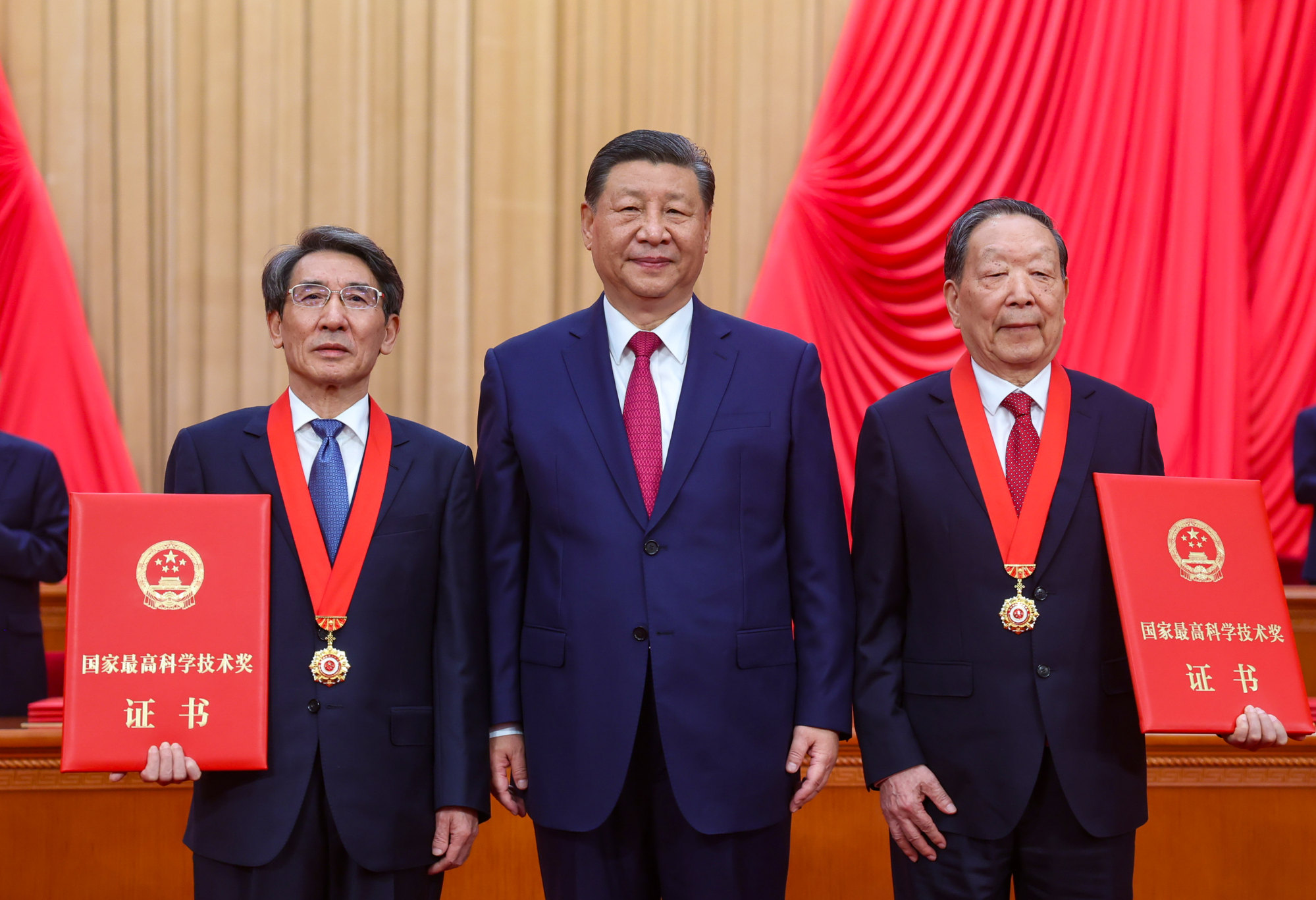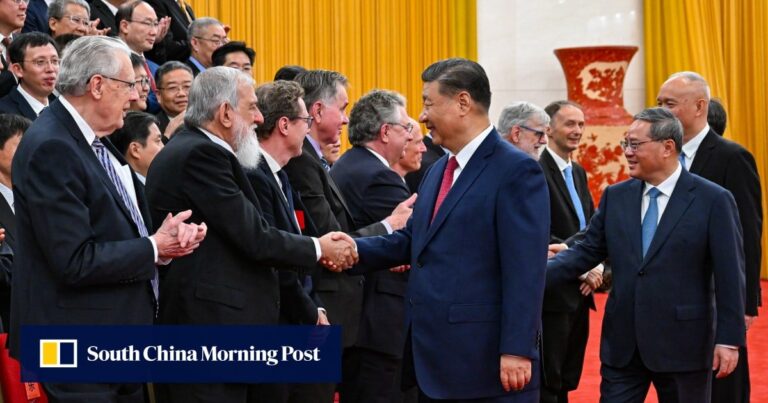Xi said China had made remarkable scientific progress in fields ranging from space to deep-sea exploration, but that its capacity for “independent innovation” was relatively weak, some core technologies were constrained by other countries and there were skills shortages.
“We need to have a greater sense of urgency,” he said. “We need to step up innovation to stay ahead in the technology race for future development.”

The U.S. Treasury Department announced last week that it was proposing new rules to restrict foreign investment in technologies critical to “next generation military, intelligence, surveillance, and cyber capabilities that pose national security risks to the United States,” naming China as a “country of concern.”
As China’s battle for high-tech dominance with the United States has intensified in recent years, Xi has frequently stressed the need for technological self-reliance and innovation, which Beijing hopes will also drive long-term economic growth.
Xi expressed his expectations on Monday in front of about 3,000 scientists and researchers, along with other members of the Politburo Standing Committee, at the Great Hall of the People.
He said China has “strong capabilities in basic research and original innovation” and can “continue to produce significant original and disruptive technological achievements” that should “fundamentally transform the world order and development prospects.”
Xi noted that China has the technologies necessary for “high-quality development and advanced national security,” and said the country should focus on emerging technologies in areas such as AI, quantum science and biotechnology.
He also spoke of the leadership’s ambitions for China to play a leading international role in science and innovation.
He also vowed to improve funding for basic research under a “whole-of-nation system” and pool funds to support technological development, increase incentives for scientists and foster international collaboration.
Beijing has allocated about 98 billion yuan (about $13.5 billion) to basic research this year, a 13% increase from 2023. By comparison, the United States’ federal budget for basic research this year is $48.6 billion, a $1 billion increase from 2023.
“As the international environment becomes more complex, we must open our minds and doors even further. [the requirements of] “We will promote opening up and security, and achieve self-reliance and self-improvement,” the Chinese leader said.

